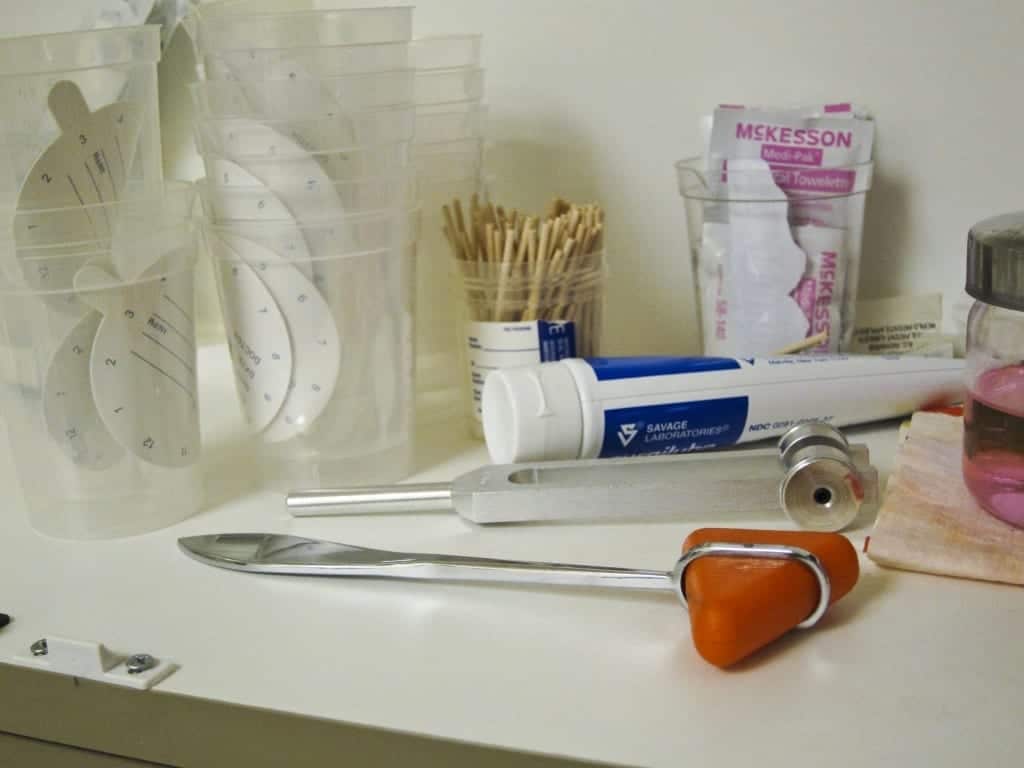The Value of a Strong Personal Statement
Very few people are accepted to medical school. Each year, tens of thousands of well qualified applicants compete for just a limited number of spaces in the following year’s medical school class. All of these applicants have high grades, excellent MCAT scores, volunteer experience, and strong letters of recommendation. Given this uniform pool of applicants, how will medical schools decide who to invite for an interview? The answer is that medical schools try to determine who each applicant is as a person by looking at their letters of recommendation and personal statement. Applicants who prove that they are motivated individuals with the temperament to make excellent physicians are chosen by medical schools. Although an applicant will likely have very little input about what goes into their letter of recommendation, they have complete control over their personal statement. This is a valuable opportunity that should not be squandered. By writing a strong personal statement, you will give yourself a distinct advantage in the admissions process.
A Strong Personal Statement Helps Secure Interviews
The personal statement is an often neglected portion of the medical school application package. Many people falsely believe that it is a formality and is unimportant. This is a dangerous idea that can have disastrous effects on the outcome of a medical school application. In reality, the admissions essay is a vital part of the application package. It provides the applicant their only opportunity to let the admissions committee know who they are as a person. Although a strong personal statement will not excuse failing grades, neither will good grades negate a badly written personal statement. If it is executed properly, a personal statement can be the deciding factor in getting an applicant an interview. Once an interview is granted, a medical school applicant’s chances of admission increase drastically to about 50%. Therefore, your primary goal in the initial part of the medical school application process should be to secure as many interviews as possible. Writing a strong personal statement will certainly help you attain that goal.
Communication Skills Are Vital in Healthcare
In addition to learning about the personal attributes of the applicant, medical schools use the personal statement to assess a candidate’s communication skills. Strong communications skills have become a necessary skill in medicine. In order to succeed, doctors must make their customers (their patients) happy. Consumers of medicine have become less tolerant of the highly-skilled but aloof physician who does not answer their questions. Multiple surveys have shown that patients rate a physician’s communication skills and bedside manner as very important. In addition, it has been found that a patient who has a good rapport with their physician is less likely to make a malpractice claim, regardless of their health outcome. In response, hospital administrations have been emphasizing creating a positive experience for patients. Many hospitals have adopted patient-centered policies; such as including the patient in daily rounds and holding doctors accountable for patient satisfaction surveys. Because medical schools are directly responsible for supplying new doctors to hospitals and outpatient clinics, it is in their best interest to follow the trends in consumer medicine. Because patients demand a caring physician with good communication skills, medical schools look for these qualities in prospective students. The ideal way for a medical school applicant to demonstrate their communication skills in in the personal statement. Therefore, every student who is serious about attending medical should put forth maximum effort to write a strong personal statement.





